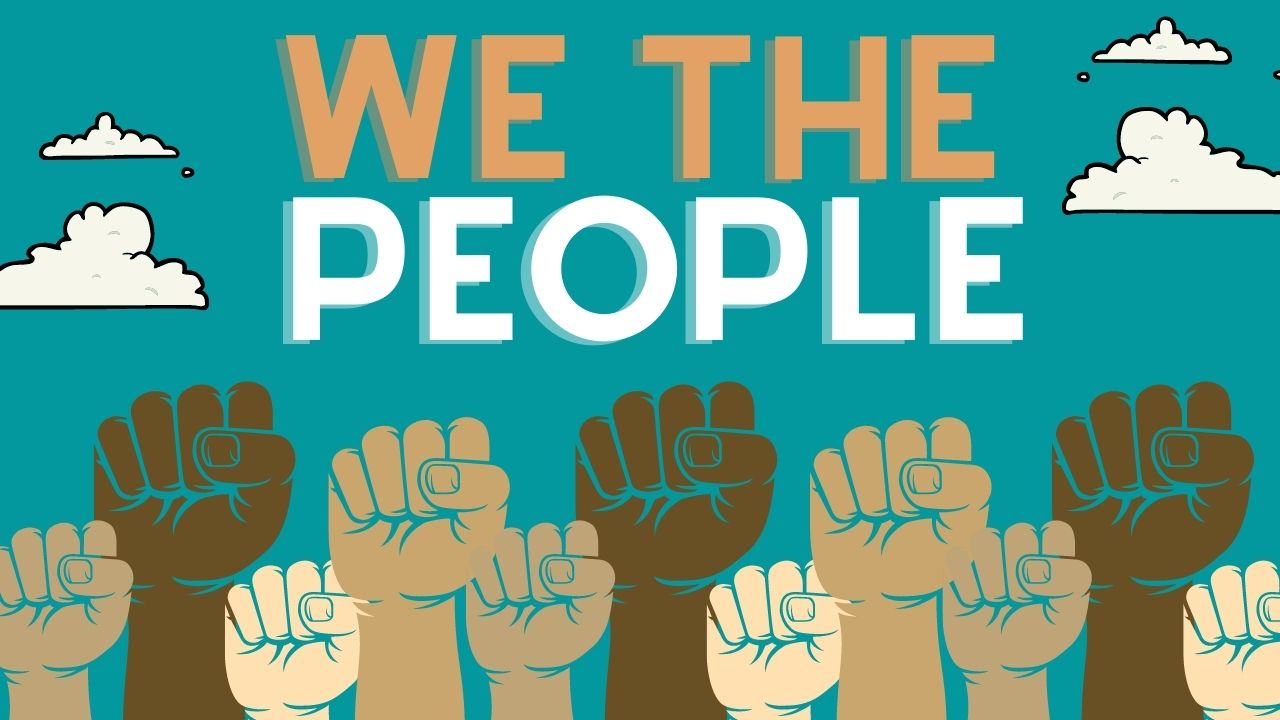
The dismissal of Black voices is beyond its breaking point.
By: Kalilu Jawara, Columnist
Views expressed in opinion columns are the author’s own.
It’s been eleven months since the day the video of George Floyd’s death at the hands of police officer Derek Chauvin went viral, and it almost feels as if it’s Groundhog Day. Just miles down from the trial for that killing, another black man in Minnesota died as a result of police violence, 20-year old Daunte Wright. Wright was pulled over for expired plates, and had an outstanding misdemeanor warrant issued for his arrest. Unarmed, he was shot by Officer Kim Potter, who, despite having 26 years of experience, claims she mistook her gun for a taser. With that, a simple trip to get his car washed had been turned into a deadly encounter.
The details are harrowing. The discourse surrounding the incident, ranging from the same tropes being played out of bringing up Wright’s history or the tired, “Why didn’t he just comply?” argument is exhausting. Most strikingly, the constant dismissal of the Black community’s collective disgust over this incident that I’ve seen, is frustrating.
It seems as if any time a story of a Black person being killed by an officer makes national news, a certain, and way too large, section of the American population scrambles to not only justify the killing as its own singular incident, but to go further by outright disregarding both anecdotal evidence from countless Black people all over the country, and statistical evidence backing up their stories regarding police in this nation.
Studies have consistently shown that Black people are more likely than whites to die at the hands of the police. They are more likely to be pulled over, more likely to be searched, and when in court, are more likely to be wrongfully convicted.
Anecdotally, the majority of Black Americans either know of someone else who’s had a bad encounter with the police, or had one themselves. Personally, I’ve had conversations with my father regarding the police that many of my white counterparts never had to have, a sentiment I share with most Black people as well.
Yet despite this, I’ve noticed a good deal of mental gymnastics being performed by people who just cannot fathom that America, a country that is 57 years removed from having “colored only” bathrooms, may or may not have an issue with racial bias from law enforcement.
There’s been attacks on Wright’s character, posting pictures of him holding a gun as if to paint him as a “thug” who “had it coming,” which is especially rich considering many of these people are staunch gun rights activists). There’s even been people comparing this situation to Ashli Babbitt’s death during the Jan. 6 storming of the U.S. Capitol building, a disingenuous comparison given how one death resulted from a misdemeanor warrant while the other stemmed from a full-blown attempt at an insurrection.
Of course, they know this. They’re aware of the contextual differences between those situations. They’ve heard many of the same stories about American minorities’ experience. They’ve been directed to numerous statistics showcasing the gap in well-being between minorities and whites in America. It doesn’t matter to them.
To me, it highlights where racism exists in today’s society. It’s not carried out by the overt hate that was expressed openly in the past. Rather, it’s carried out through willful ignorance. A whitewashed narrative has been set that acknowledges the hundreds of years of oppression Black Americans faced prior to the Civil Rights Movement, yet pretends that it doesn’t have a lasting effect that exists in today’s world.
This narrative affords people the privilege to sweep racism under the rug, countering stories of Black struggle with cherry picked Martin Luther King Jr. quotes and commands to just “pull yourself up by your bootstraps.” To these guys, anything short of burning a cross in a Black person’s yard can’t possibly be considered a sign of racism.
The concept that racism doesn’t require overt hatred in order to exist is lost on these people. Through the numerous methods taken to suppress the voices of those who try to call these issues out, it’s become apparent that this ignorance isn’t by chance, it’s by choice.
So many of America’s issues regarding race relations could be easily fixed if people in charge did something as simple as just listening to Black people. Putting aside their own utopian view of this country to gain empathy for people who don’t experience it that way. Understanding that when Colin Kaepernick kneeled for the National Anthem, he wasn’t doing it as an anti-American attack on the nation’s values, but rather to draw attention to times when said values aren’t being lived up to, as seen in situations such as Daunte Wright’s death.
The past year has shown progress in that area, as people finally began to do just that: listen. However, the last week has revealed a large portion of this country wants so badly for racism to merely be a boogeyman that doesn’t exist, and therefore refuses to hear marginalized communities out. Until that changes, nothing of note will actually be accomplished.


Reading your article has greatly helped me, and I agree with you. But I still have some questions. Can you help me? I will pay attention to your answer. thank you.
I don’t think the title of your article matches the content lol. Just kidding, mainly because I had some doubts after reading the article. https://accounts.binance.com/es/register?ref=IJFGOAID
Thank you for your sharing. I am worried that I lack creative ideas. It is your article that makes me full of hope. Thank you. But, I have a question, can you help me? https://accounts.binance.com/vi/register-person?ref=RQUR4BEO